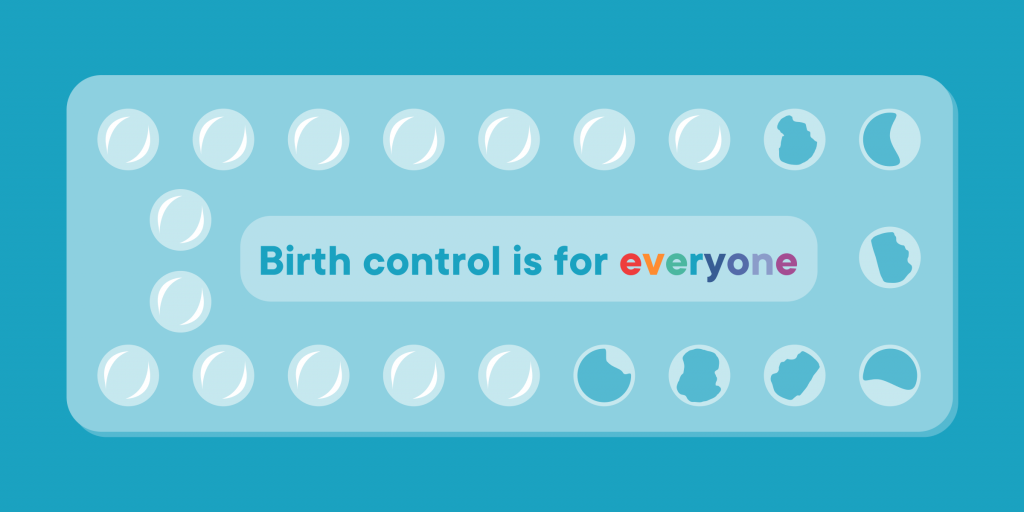Contraceptives and Birth Controls - A Gender Fluid Talk
To start off, contraceptives are an essential part of having safe and consensual sex. Anyone, regardless of where they identify on the gender spectrum, needs to and should use contraceptives. And, all forms of birth control used by cisgender/binary can also be used by the non-binary. Some, however, might work better than others, again, depending upon your preferences.
“Study shows that trans/non-binaries who have been taking testosterone/estradiol therapy need not use birth controls.” BUSTED! Nope- that’s definitely a myth. While it is true that the chances of you conceiving are slim, they are still not zero. Contrary to what most people believe, no matter what gender identity you identify with, as long as you have vaginal sex. (And brownie points, to barrier methods, you’ll be safe from STDs too! )

How do I choose what form of contraceptive to choose?
Now that we know that contraceptives are a must regardless of where you stand on the spectrum, how do we decide which ones to use? The answer is well, there is no fixed answer. Again, as sex is an extremely intimate and personal moment, the form of contraceptive you end up choosing entirely depends on you and the risks you are willing to take. If you’re still confused, you might wanna do contraceptive counselling. (There is nothing wrong with booking a session!) It will help you to align your interests and needs into a contraceptive plan.
Here are a few contraceptives that you can use –
(NOTE – These aren’t reserved for cisgenders/binaries, unlike what advertisements will have you believe)
- Condoms, though not 100% effective when it comes to preventing pregnancy, are one of the most popular forms of contraceptives. They do safeguard you from STDs though!
- Non Hormonal IUDs are completely safe, and won’t tamper with your hormone treatments. Some potential side effects, however which may trigger body dysmorphia include vaginal spotting and bleeding.
- Progestogen-only methods like injections, insulations and levnorgestel systems can get slightly risky, especially if you are having hormone treatments. If you do consider them, consulting a doctor is a must. (Don’t worry! In most cases, doctors say that they do not interfere with hormone treatments.)
- Combined Hormonal Contraceptives should be avoided by people undergoing testosterone therapy. As CHCs contain estrogen and progesterone, they may interfere with the working of testosterone. This may cause vaginal bleeding and breast soreness.
- In addition to these, permanent methods like vasectomy and tubectomy are also available options. They have zero risk factors as long as the surgery has been performed in a clean environment.
These were a list of common contraceptives that you might want to consider and the risks associated with them. Before you actually try out something, make sure you consult a doctor. Always remember – what form of contraceptive to use is a personal choice, for you as well as your partner(s).

Birth Controls - More than just a Contraceptive
One might be looking into birth controls for more than just blocking pregnancy. For those menstruators, who do not identify as female, having to bleed every month can surface gender dysmorphia. (i.e feeling a disconnect between the gender identity you were assigned at birth and the one which you confer to at present.) If this is something you are looking into, know that it’s a completely safe and viable option!
You might have to try out several forms in order to decide what works best for you. Regular discussions with your doctor will help you to make a more informed decision!

Gender Fluid Clinic - (ERROR! Not Found)
Data from the Center for American Progress shows that 29% of LGBTQIA+ patients were denied treatment because of their gender identity. Further 13% were denied hormonal treatments. This raises a huge question mark on our current healthcare system, does it really provide for the people? Contraceptives are gender-neutral. But are our clinics fluid enough to provide these services with a neutral face?
Cover Illustration: Hello Clue
Author

